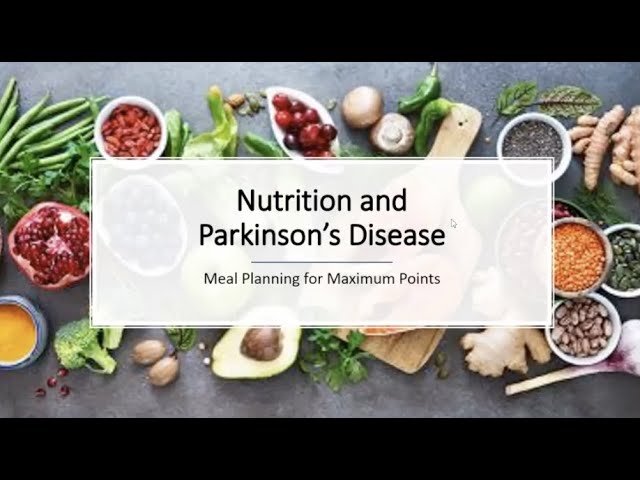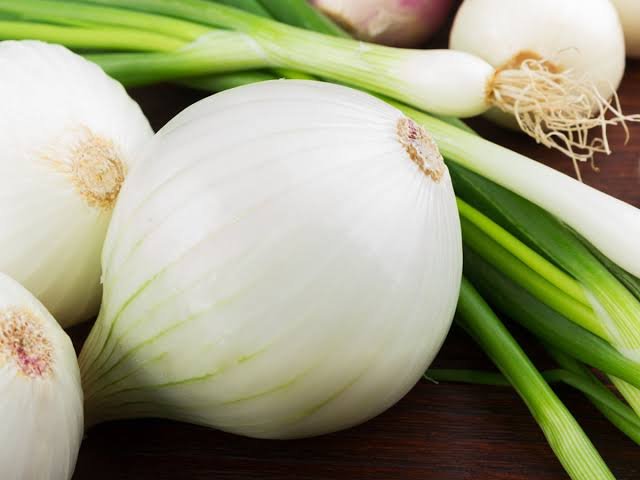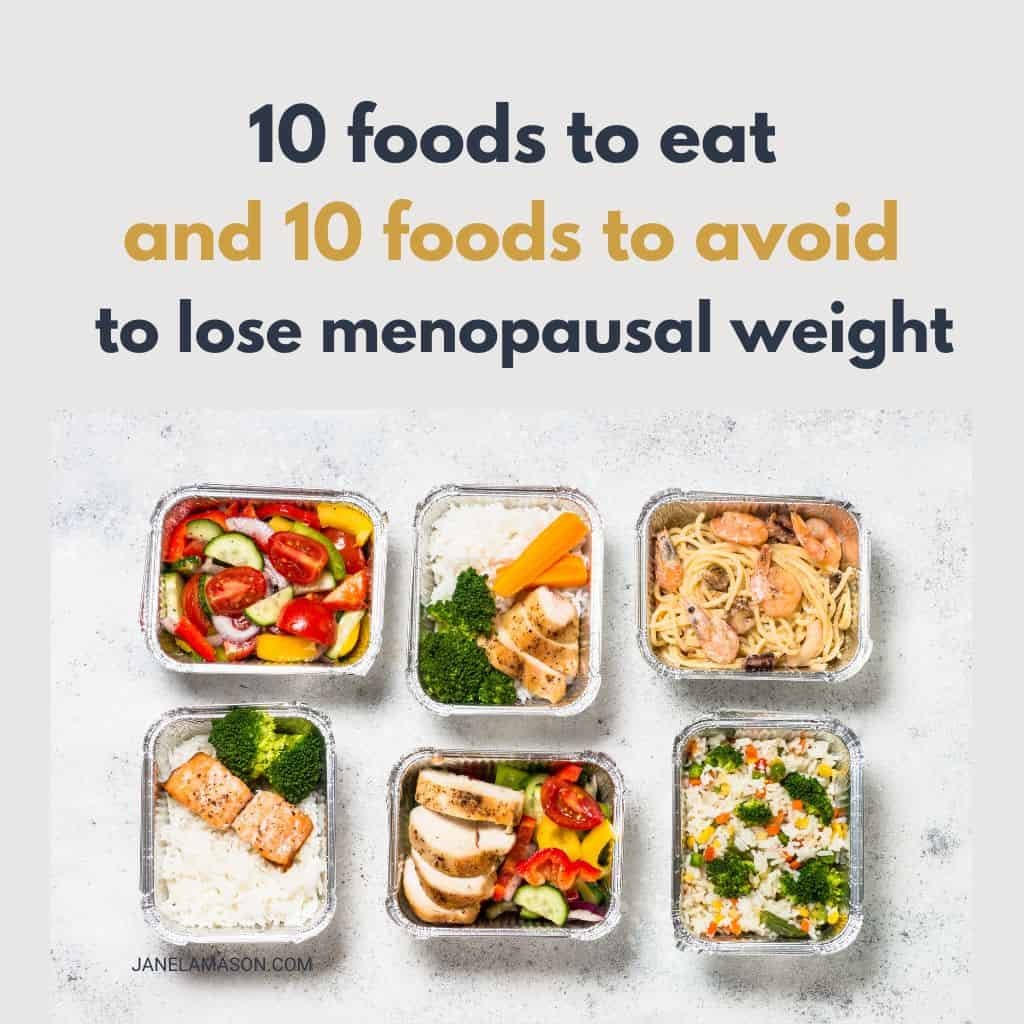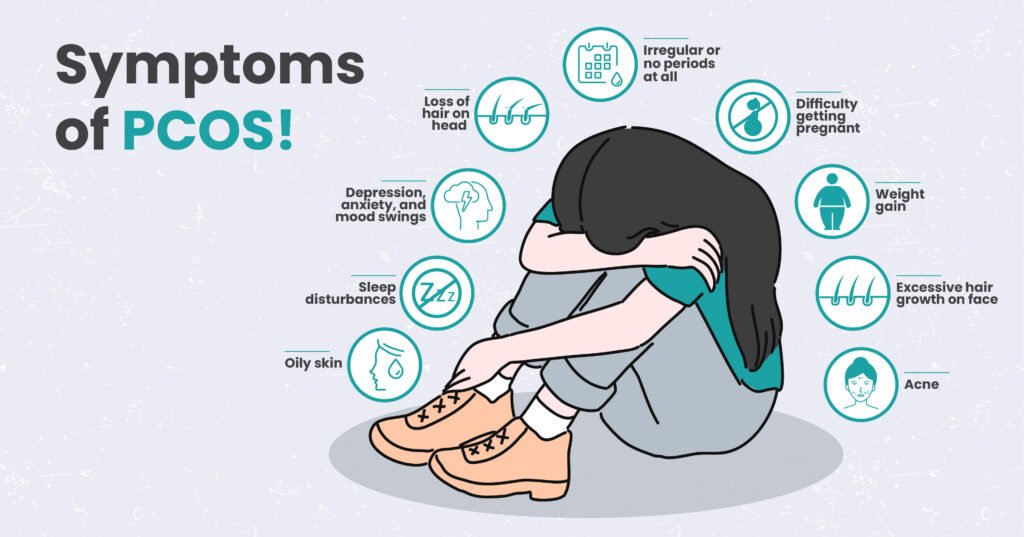Parkinson’s disease is a progressive neuro degenerative disorder that affects movement, balance, and coordination. While there is no cure for Parkinson’s disease, following a healthy diet plan can help manage the symptoms and improve the overall quality of life for people with Parkinson’s disease.
Here are some tips for creating a Parkinson’s disease diet plan:
Focus on nutrient-dense foods: Incorporate plenty of fruits, vegetables, whole grains, lean protein, and healthy fats into your diet. These foods are rich in vitamins, minerals, and antioxidants that can help support overall health and reduce inflammation.
Avoid processed foods: Processed foods are often high in salt, sugar, and unhealthy fats, which can worsen inflammation and increase the risk of developing chronic diseases.
Stay hydrated: Drinking plenty of water can help prevent constipation, which is a common symptom of Parkinson’s disease. Aim to drink at least eight glasses of water per day.
Consider a low-protein diet: Some research suggests that a low-protein diet can help manage the symptoms of Parkinson’s disease. However, it’s important to work with a healthcare professional or registered dietitian to determine the appropriate amount of protein for your individual needs.
Watch your medication timing: Some Parkinson’s disease medications can affect the absorption of certain nutrients, such as iron and vitamin B12.
Talk to your doctor or pharmacist about the best time to take your medications to ensure that you’re getting the maximum benefit.
Remember, there is no one-size-fits-all approach to a Parkinson’s disease diet plan. It’s important to work with a healthcare professional or registered dietitian to develop a personalized plan that meets your individual needs and preferences.
Geetanjali- The Voice of Healthcare- a Reg, Clinical Dietician Nutritionist, Wellness-Speaker, Author, Anchor, Wellness Expert, Pod-caster, Blogger, You tuber is based in Mumbai



